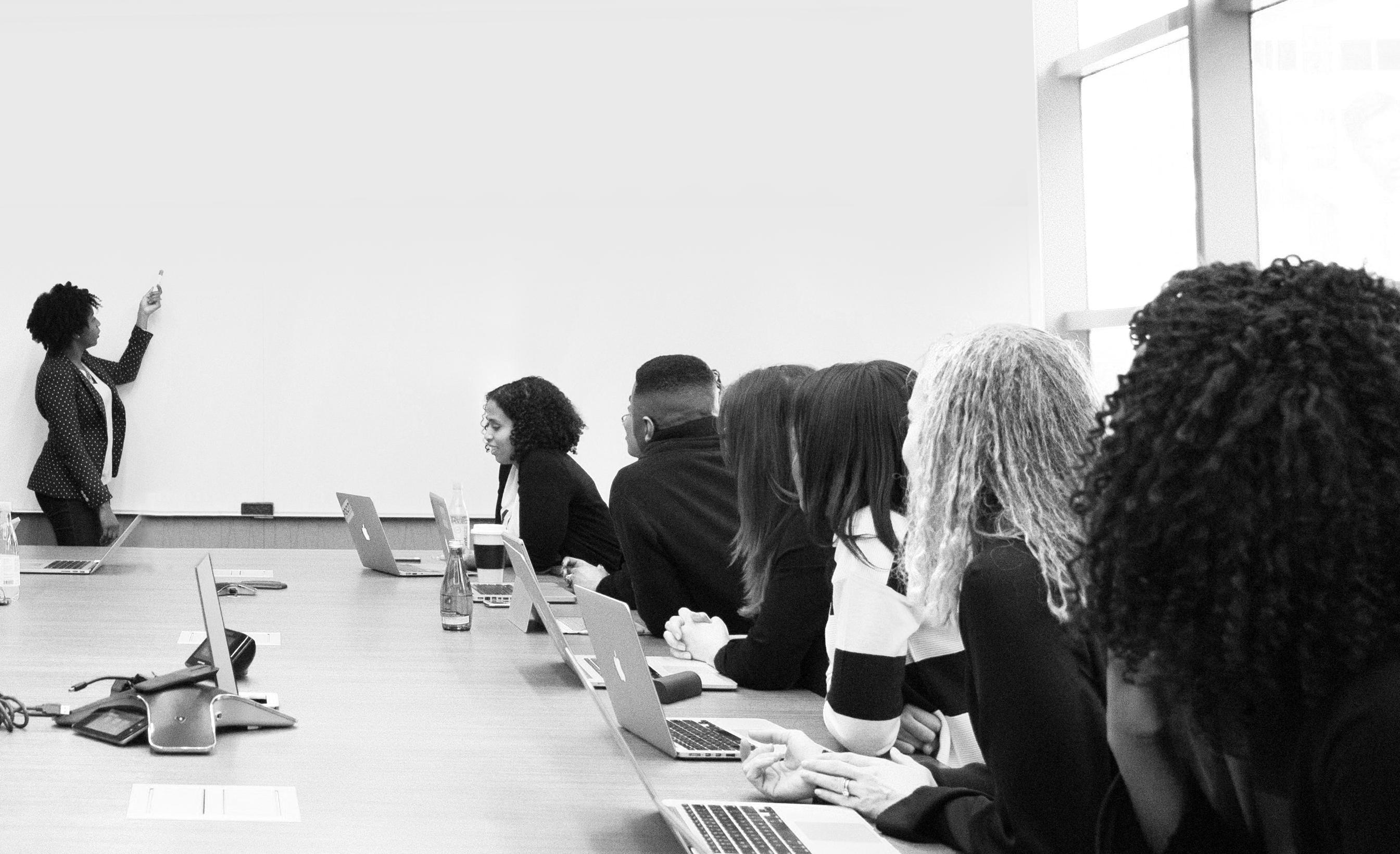
15 minute read
BLOSSOM FRIENDSHIP
would sit together and they weren't just doing it on their own so they would start those conversations. That was the key focus. It's been really good and then since leaving Uni, as Locket says, Blossom Friendship came with us. So alongside the SCALT program last year, we also applied for grant money through the City of Melville through this project called Project Robin Hood and it was fantastic. We put in an application and we got selected by the community within the City of Melville who vote on a number of different ideas, initiatives in the community. So, we've been able to continue on with Blossom because we still have a bit of funding from that as well.
TB: If I take you back to when you started with that first
Advertisement
competition where the idea germinated. I'm just wondering, what is it about each of you and your experience that led you to even germinating the idea of Blossom in the first place?
TESS: My sister has grown up with autism and ADHD. I've seen the struggles that she's had in terms of creating and forming meaningful friendships, relationships, connections with other people, but also going through uni. I'd describe myself as being quite a bubbly person, but even for me being at Uni, because you're not always just in a class all the time with the same people, you're always moving around, I would find it really difficult to start up conversation, maintain that friendship throughout uni. I think it was really important for me to be able to help others who are in the same situation. I think more than that as well is studying psychology definitely had a bit to do with that. A bit of influence. I didn't just want to do my degree, I wanted to do something that would really make an impact and have a difference to the Uni itself. LOCKET: After graduating high school, I started uni at Murdoch, but none of the people from high school went to Murdoch and did the same degree as me. It was pretty much like a fresh start. I made friends quite easily but I saw that other people struggled. I was like, ‘Oh, that's, that's not good I want change that’, and I do admit, I love helping others, I'm very passionate about contributing to the community. I do volunteering stuff on Beyond Blue and Camp Quality and other bits and bobs and I saw this competition as a great way to, similar to Tess, contribute and be proactive at university.
TB: Whether it's people like your sister and your friend who
have some possible additional barriers there, or like you said, just even within yourself. Why is it so important to have positive social connections?
TESS: If you don't have those social connections, it has just so many consequences. Without social connection, you are very lonely. It can lead to a lot of mental health problems and that then it leads to its own consequences. Just like you, you look after your physical health, you really need to look after your mental health as well. Friendship has so much to do with that. Having that support around you and just someone that you could talk to.
TB: In terms of the programs that you do with Blossom
Friendship, what does it look like now?
LOCKET: At university we really targeted university students, but now that we both graduated and we're out in the real world we recognise that the target audience is a bit more diverse. The age group is a bit higher, so we want to cater to meet those needs. It's just a bit more mature, I guess, and just really going with what the community is interested in. TESS: We recently had a catch up at a bar. We had about 40-ish people show up. We got a lot of positive feedback. It was good that there is a meetup thing like this, where people can just come along, they don't have to know anyone, and they know that everyone in a way is kind of just looking and seeking those friendships. There's no pressure to come, no pressure to have to stick around if you're not enjoying yourself, but it provides that opportunity. LOCKET: I think with our ages as well, and coming from Blossom Friendship, we're not an organisation that's trying to make a profit or whatever. I think that is a lot more welcoming to people that want to come.
TB: You've got a Facebook page. Is that where primarily you
advertise events or is there some other way for people to connect with you?
LOCKET: The Facebook page is definitely our main area where we advertise. TESS: And then also the Reddit forum as well.
TB: If I was interested in coming along to an event, but if I
felt a bit nervous and I thought, ‘Oh, you know, I really want to build my social connections’, that'd be really good. But actually the idea of coming somewhere to a quiz night or somewhere where I don't know anyone, I might feel really overwhelmed by that. Is there anything that you would suggest somebody do to try to work through those barriers?
LOCKET: You're more than welcome to have a chat with one of us. I believe we're both quite approachable people. So you're more than welcome to send us a message through the Blossom Friendship Facebook page. Just be like, ‘Hey, I'm feeling a bit, I'd love to come, but I have some reservations’, and we'll be like, ‘Oh yeah, no worries. We're happy to have a chat and hang out with you or you're more than welcome to bring someone that you want to bring or anything that really makes you comfortable, but at the end of the day, it's your decision. We can't force you to do anything that you don't want to do, but we'll love you to be there.
https://www.facebook.com/blossomfriendshipperth/ blossomfriendship@outlook.com
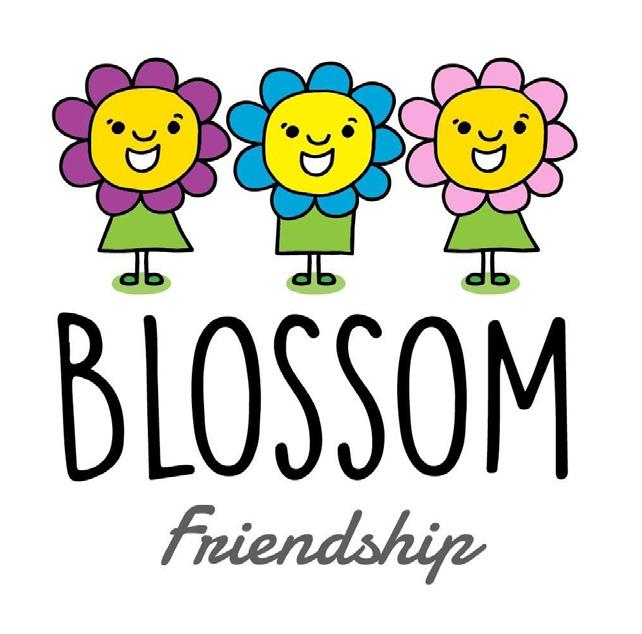
Pumping Iron
By Julie Meek
When I think of iron, I think of Popeye. The image that comes to mind is Popeye clutching his can of spinach and gulping it down with gigantic biceps bulging. Sadly, Popeye did not get his iron and strength from spinach. It was a great story though!
Julie Meek
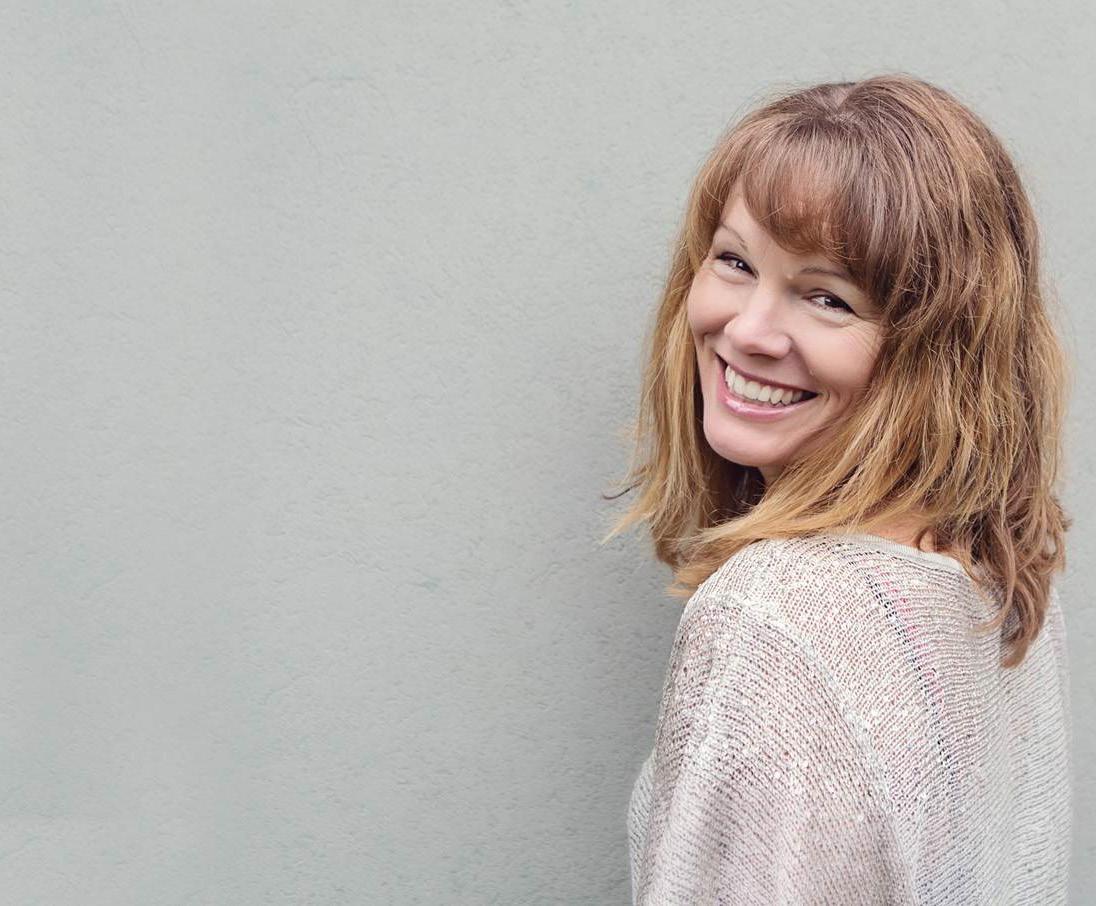
A nutritionist and dietitian, Julie Meek is one of the most respected sports’ dietitians in Australia with over 15 years’ experience in public, sports’ and corporate nutrition. www.juliemeek.com.au
Iron is an important nutrient for our health and wellbeing, so important that iron deficiency is ranked in the top 10 health problems in the world.
It is required for the formation of the oxygen carriers, haemoglobin in the blood and myoglobin in the muscles. Iron carries oxygen around in the blood, so it is right up there with all the essential boxes our bodies need to tick.
The Exercise Conundrum
Heavy exercise increases iron requirements by increasing iron loss from the body through sweat and gastrointestinal bleeding (especially if anti-inflammatory drugs are used for injuries). Red blood cells are also destroyed by continual jarring and impact, particularly in high impact activities such as running.
Plant-Based and Animal Iron Sources Are Not The Same
Iron in food is found in two forms; ‘haem’ iron which is found in animal foods and ‘non-haem’ iron which is found in plant foods. Spinach and silver beet are touted as great sources of iron and do provide non-haem iron, but it is not well absorbed by our bodies.
Foods containing non-haem iron can also contain other substances, which make the iron unavailable to your body. These include tannin (in tea), phytates (in wheat bran and breakfast cereals) and oxalates (in spinach). The consumption of Vitamin C during the same meal enhances the iron absorption of these foods.
Therefore, if your diet is based mainly on vegetables you may find your iron intake to be not only poor, but potentially unavailable.
FOOD
Haem foods
Liver Liver pate Lean steak Chicken (dark meat) Fish Oysters Salmon
Non-haem foods
Eggs Breakfast cereal (fortified) Wholemeal bread Spinach (cooked) Lentils/kidney beans (cooked) Tofu Almonds Sultanas Dried apricots
SERVE
100g (cooked weight) 40g (2 tbsp) 100g (cooked weight) 100g (cooked weight) 100g (cooked weight) 100g (10) 100g (small tin)
100g (2) 30g (1 cup) 60g (2 slices) 90g (2/3 cup) 100g 100g 50g 50g 50g
MG IRON
11.0 2-3 4.0 1.2 0.6-1.4 6.0 1.4
2.0 2.5 1.4 3.6 2.5 1.9 2.1 0.9 2.0
Initially, symptoms of iron deficiency can be tiredness and fatigue. If iron stores become lower, symptoms include severe fatigue, cramps, headaches and shortness of breath.
Iron requirements do vary and females need to consume more iron than males in particular age groups. Plant-based eaters also need to pay extra attention to meeting iron needs.
How much do you need?
DAILY IRON REQUIREMENTS mg IRON/DAY
Males and non-menstruating women Menstruating women Growing adolescents Pregnancy (Trimester 2 and 3) 7 mg 12-16 mg 10-13 mg 22-36 mg
It is not advisable to take iron supplements without first checking your iron status via a blood test, as excessive iron intake can be toxic.
Befriending Unknown Self
The Mystery of Me
Written by Michael Prince, with acknowledgement of John O’Donohue Michael Prince ? Photo courtesy of Michael Prince Perhaps true self is not a fixed thing or place to arrive. Perhaps it's a constantly moving edge between mystery and clarity not knowing and knowing chaos and order discomfort and comfort The continuous conversation between the underground, unknown, hidden self and the attentive, deeply listening self Perhaps there is one creative, emerging edge within me where I give language to what my unknown self wants to reveal to conscious mind, and a second creative threshold where my conscious, courageous self goes public for its own sake and the world’s Too often, I derail myself with impatience fed by impossible expectations for perfect clarity and completeness at both thresholds Instead of practicing patience and accepting the limits of human expression in language In each moment, what is possible is choosing to show up: grounded in my personal authority and substance; a compassionate, welcoming presence simply saying something of what’s true for me. It can never be the whole of who I am and what I know and don’t know in any moment But I can accept the limits of what’s possible in knowing and being known; and speak is a coach, speaker and facilitator who is passionate about Courage Work: Unlocking courageous, wholehearted leadership. He creates safe, trustworthy spaces for people to reconnect “soul with role”; who they are with what they do.
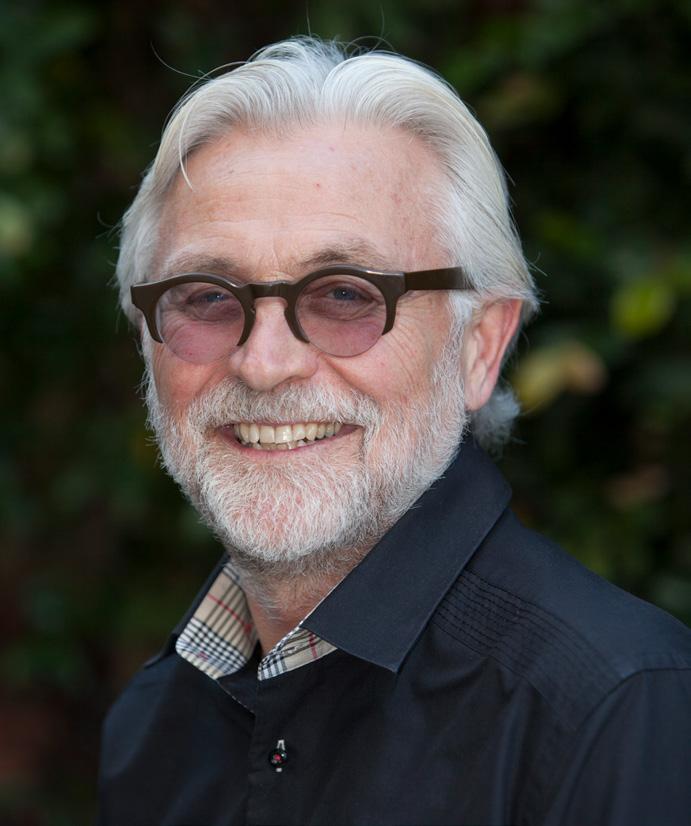
MENTAL HEALTH FIRST AIDMENTAL HEALTH FIRST AID
MENTAL HEALTH FIRST AIDMENTAL HEALTH FIRST AID MENTAL HEALTH FIRST AI MD ENTAL HEALTH FIRST AI

Ar Are you engage you engaginging wwith itha a
fri friend,end, colcolleagueleague of of Date: Wednesday 5th May 2021 Date: Wednesday 5th and May 2021 and ThursdayThursday 6th 6th Are you engaging with a friend, colleague of family member with mental health issues? Date: Wednesday 5th and Thursday 6th May 2021 Time: 9am- 4pm both days Venue: Perth Cost: $550 inc GST Are you engaging with a friend, colleague of family member with mental health issues? Date: Wednesday 5th May 2021 Time: 9am- 4pm both Venue: Perth you engaging with a iend, colleague of mily member with ental health issues? Date: Wednesday 5th and Thursday 6th May 2021 Time: 9am- 4pm both days Venue: Perth family member with mental health issues? Come along and learn how to recognise that someone is in distress and how to Time: 9am- 4pm both days Venue: Perth Cost: $550 inc GST To make a booking please contact Anna at info@bloomingminds.com.au, on 0409 922 155 or at family member with mental health issues? Come along and learn how to recognise that someone is in distress and how to Time: 9am- 4pm both days Venue: Perth Cost: $550 inc GST To make a booking please contact Anna at info@bloomingminds.com.au, on 0409 922 155 or at Are you engaging with a friend, colleague of family member with mental health issues? Date: Wednesday 5th and Thursday 6th May 2021 Time: 9am- 4pm both days Venue: Perth Cost: $550 inc GST a Come along and learn how Cost: $550 appropriately respond toppropriately respond to httpCome along and learn how To make a booking please contact Anna Cost: $550 incinc GSThttps://bloomingminds.com.au/event/publis://bloomingminds.com.au/event/publiTo make a booking please contact Anna GST e to recognise that someone at info@bloomingminds.com.au, on 0409Come along and learn how To make a bookalong and learn how To make a booking please contact Annabetter support them and c-course-mental-health-first-aid/better support them and c-course-mental-health-first-aid/to recognise that someone at info@bloomingminds.com.au, on 0409 ing pl cognise is in distress and how to 922 155 or atto recognise that someonethat someone at info@bloomingminds.com.au, on 0yourselfyourselfis in distress and how to 922 155 or at 409 at info@bloomingmin distres appropriately respond tois ins and how to 922 155 orappropriately respond to diat https://bloomingminds.com.au/event/publistress and how to 922 155 or athttps://bloomingminds.com.au/event/publi ropriate better support them and c-course-mental-health-first-aid/ appropriately respond to https:ly respond to https://bloomingminds.com.au/event/publibetter support them and c-course-mental-health-first-aid///bloomingminds er support them yourselfandyourself c-c better support them andourse-mental-health-first-aid/ c-course-mental-heal
yourself yourself
A Mystery for the Taste Budds
AN INTERVIEW WITH SOPHIE BUDD
Written by Tasha Broomhall
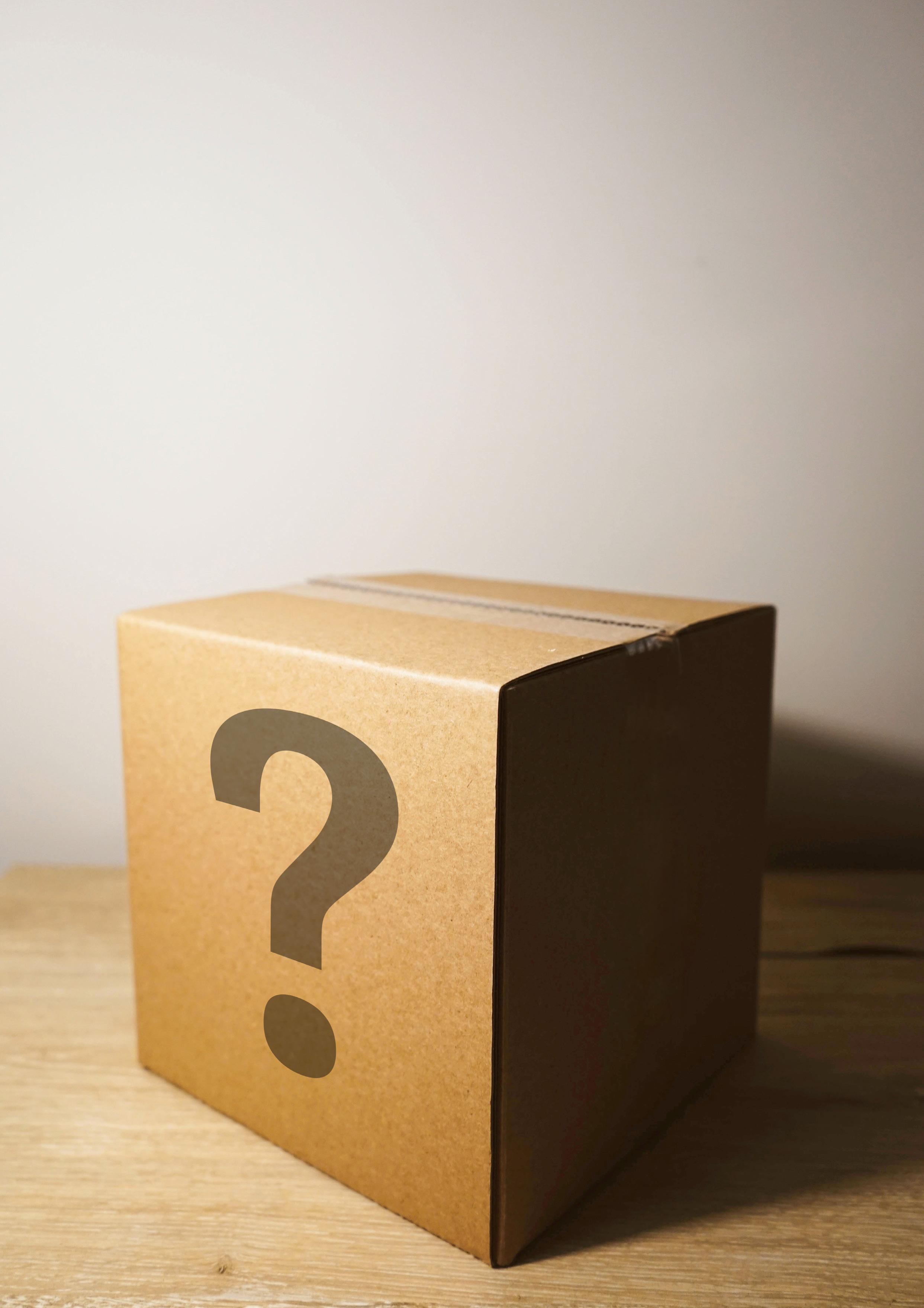
TB: Please tell us about the Mystery Box Challenge.
Who started it?
SB: The Mystery Box Challenge began as a Taste Budds’ Cooking Studio activity when I first opened the cooking school in 2012. I bought produce and created Mystery Boxes for teams to cook with. After a few years I was asked to be an Ambassador for Food Rescue, so the idea of using the rescued food and using it to make meals for local charities became a no brainer. When Food Rescue became SecondBite I decided to concentrate on sending food to one location. Tranby Homeless Centre run by Uniting WA was only a few blocks away from my kitchen so sending food there was a good idea.
TB: How does it work? SB: The Mystery Box Challenge has evolved over the years. It is truly corporate team building with a difference as it brings together diverse teams and has them work with a shared commodity – food. Everyone eats, everyone can relate, everyone can share stories and experiences. It is also a great leveller and can flip the team dynamic with something as simple as chopping an onion. Mystery Box Challenge is a 2-hour cooking challenge where teams turn fresh, surplus food into nourishing meals for visitors to Tranby Homeless Centre. It is a team building event full of fun, rivalry and a whole lotta heart. Teams cook Masterchef style for 2 hours, making as much food as possible. Then they sit, eat, drink, and listen with bated breath to find out who is the winning team. Teams are scored on cleanliness, working together, how good the food tastes and using ALL the produce supplied.
TB: How far has it spread? SB: The program has been running for 7 and a half years. We have hosted teams from all over Perth and made thousands of meals. TB: Is it proving effective? SB: We received feedback from a corporate client who said that it was the biggest hit! Staff from the session were posting about it on social media and nearly all agreed that the highlight of the event was the cooking challenge. I was a bit nervous going in that it wouldn’t please everyone and maybe some people had hated it, but if they did, we didn’t hear about it. We would do it again. The real selling piece for us is the give back to community and taking people out of their comfort zone. Leading up to Christmas 2019 Taste Budds hosted a monster cook-off where over 100 people cooked over two days, providing over 1,000 meals to Tranby visitors, keeping them fed for 6 days. Heart-warming feedback directly from one of Tranby’s clients, “When Sophie brings food there’s never any fights”. TB: Are there plans to extend this further? SB: Currently no, however I do dream of flying around the world and running these in lots of cities as all it takes is humans, food waste, a mobile kitchen and a formula.
TB: How can people get involved and support the
project?
SB: Contact Taste Budds Cooking Studio by email cook@tastebudds.com.au
TB: Is there anything else you’d like to share? SB: I see these events as being a full circle way of dealing with current issues that are impacting our society, turning food waste into meals for hungry people. What do you wish people knew about providing food for homeless centres? There needs to be a system and organisation. As lovely as it is when people donate food sometimes the centres don’t have the facilities or the staff to handle it and too much food can be overwhelming.
Sophie Budd
Sophie Budd is the chef and owner of Taste Budds Cooking Studio. She is passionate about teaching people to cook and feeding people! Her resume includes working for both Rick Stein and Jamie Oliver.
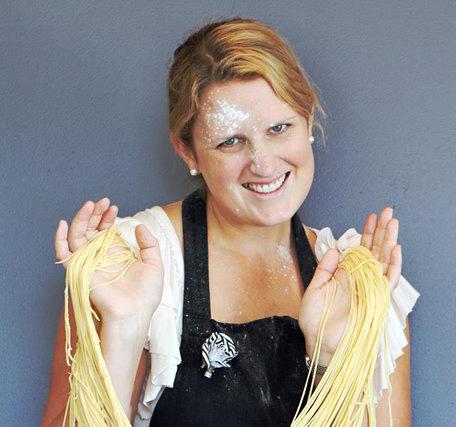
Photo: Sophie Budd
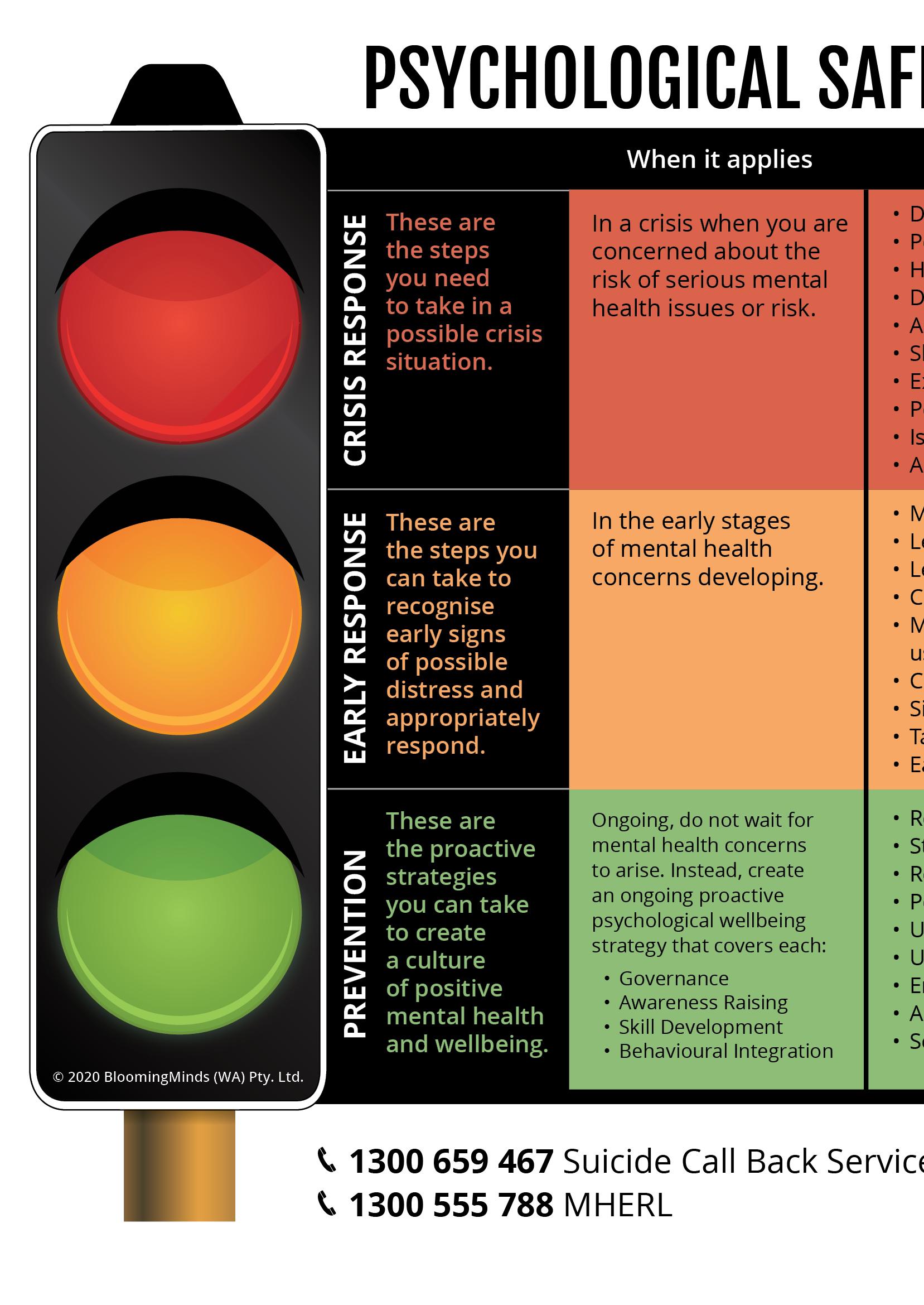
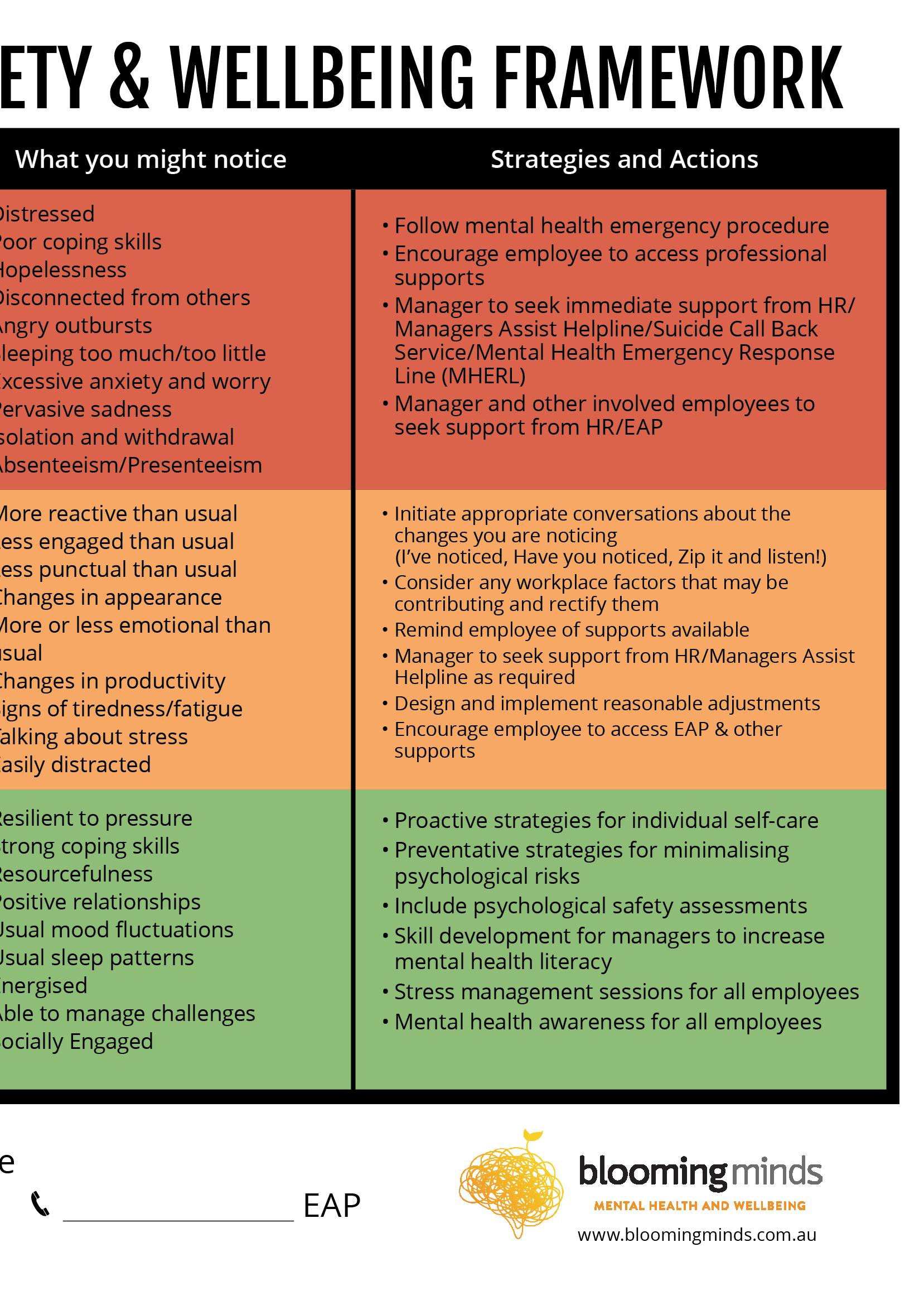
Testimonials
Tasha is a great presenter with a wealth of knowledge around all things mental health. She explains complex topics very well and provides concise, practical strategies to assist others.
A. Nuich, Senior Advisor Health and Wellbeing
Excellent course that provides the underpinning knowledge to make sound decisions and lead a team effectively in times of change. Highly recommended.
S. Fielding, A/Director
This online course provides essential training for all managers, supervisors and other organisational leaders. This course debunks common myths about mental illness and equips people with the skills to appropriately respond in the workplace. Do yourself a favour and put your staff through it today.

G. Downie MBA, Psychologist
Finally, a program that combines theory, evidence and models with real world pragmatism - and simple, relatable and usable approaches.
D.Patterson, General Manager, People and Safety
Fantastic course, Tash was extremely engaging. I feel empowered to have the knowledge and skills to deal with what can be a difficult topic.
S. Milburn, Manager Costing, Systems and Analytics
Tash delivers implementation material on mental health in a simple to understand way that everyone can relate to. I would recommend everyone responsible for managing teams does this training.
E. Matthews, Manager Customer and Stakeholder

